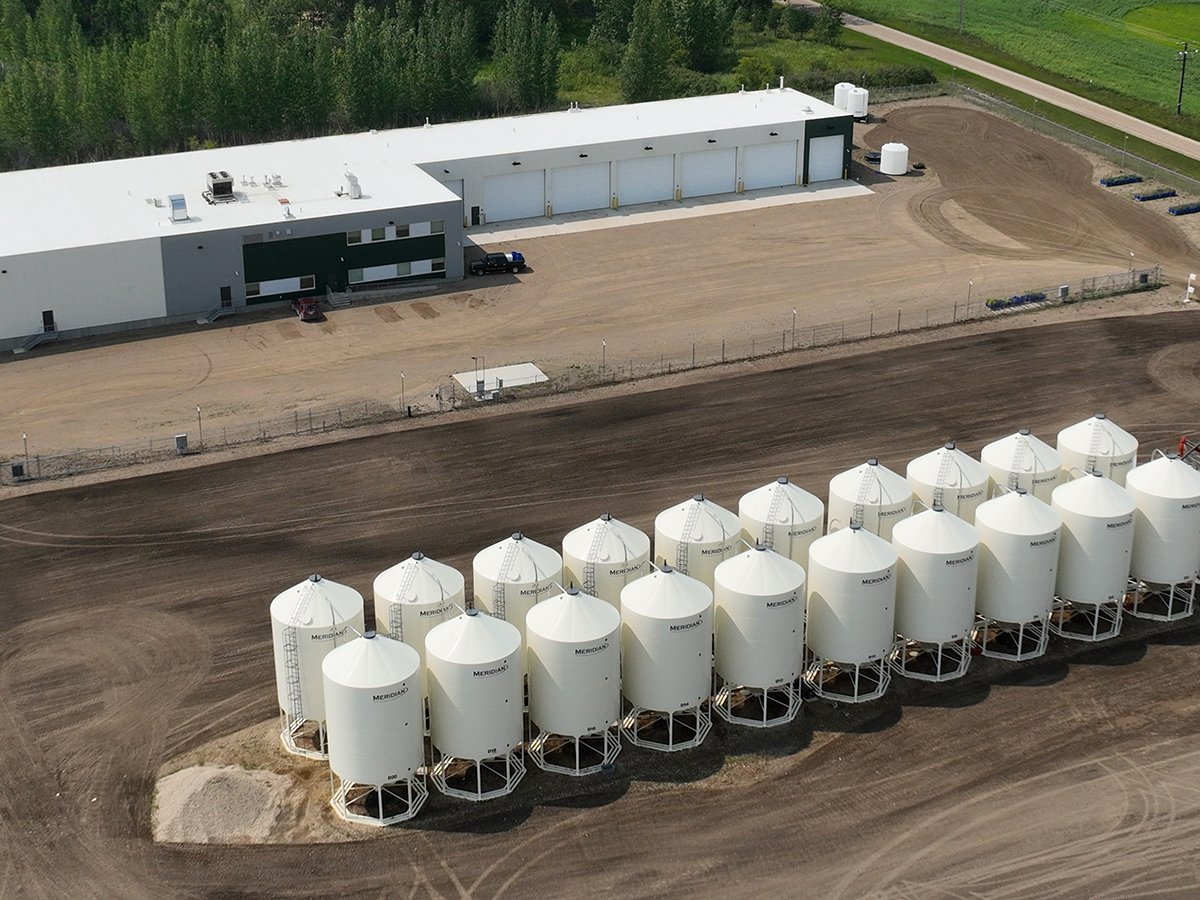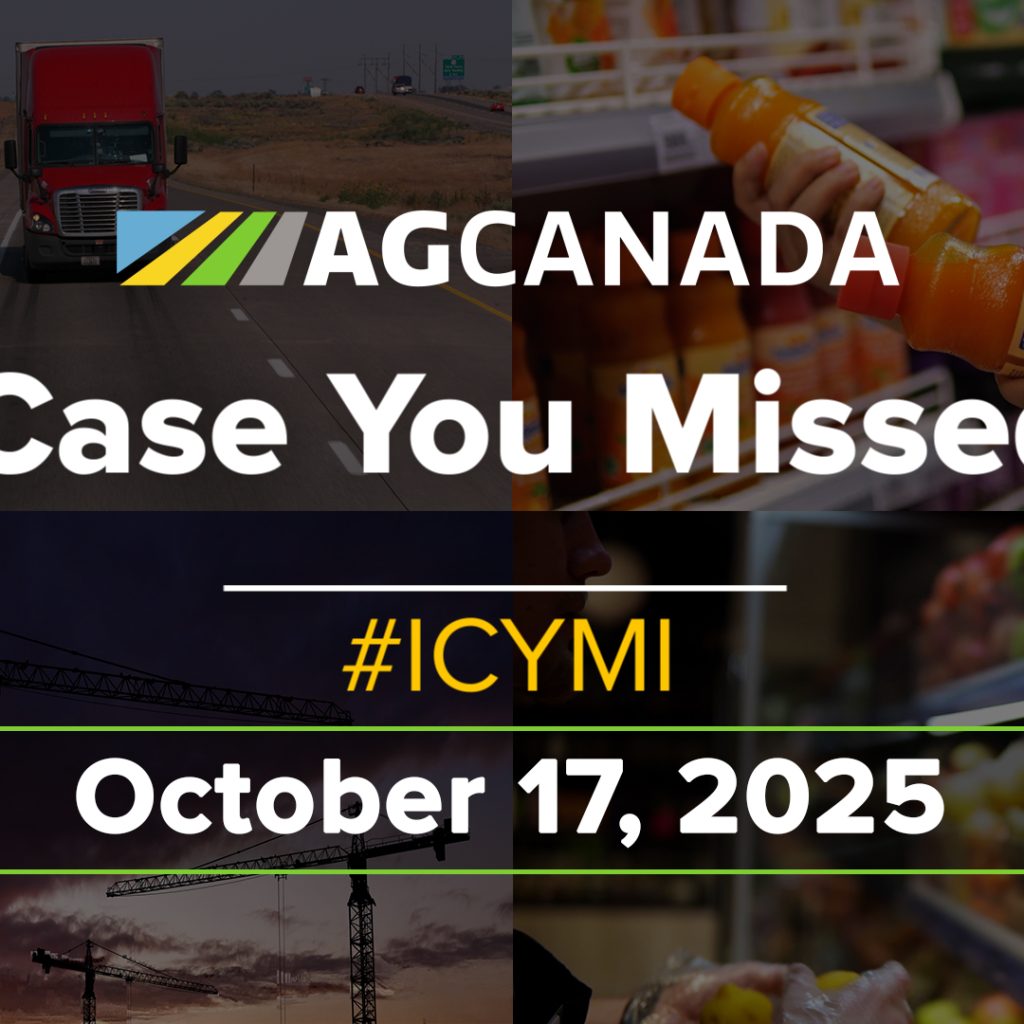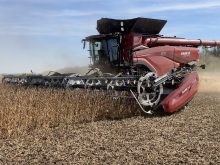U.S. bill could keep out Canadian truck drivers
A bill tabled in the U.S. house of representatives this month would keep illegal immigrants and “ineligible foreign nationals” from driving commercial trucks. Canadian truckers are currently on the list of drivers who’d be banned.
Read Also

Saskatchewan firm aims to fix soil with compost pellets
In his business, Humaterra, Leon Pratchler is helping farmers maximize yields in the weakest areas of their fields through the use of a compost pellet.
Texas republican Beth Van Duyne said the law, if passed, would end danger posed by illegal immigrant and foreign national truck drivers who can’t safely operate an 18-wheeler or read English signs or instructions.
The bill would remove licensing reciprocity agreements with other countries – something Canada has had with the states since 1989. Mexico is the other country to have an agreement.
According to Van Duyne, the bill comes in response to an immigration crackdown and a high profile crash that involved an immigrant driver. This and another fatal crash have spurred government actions, including a rule that drivers must pass a roadside English exam given by traffic officers, or be placed out of service.
The Canadian Trucking Alliance said it wasn’t aware of the bill and declined to comment without time to study it.
Consumers looking for more than claims of sustainability
To most consumers, simply seeing the word “sustainable” on a food package doesn’t mean much.
That’s according to university of Guelph researcher Mike Von Massow. Von Massow studies food value chains and consumer preferences.
He said, to consumers, the word “sustainable” has lost all meaning. The concept still matters, but sharing specifics – like emissions reduction data – is important to demonstrate a commitment to the environment.
Von Massow said agriculture groups have focused on educating consumers. He suggested that wasn’t working. Instead, they should present specific data and information and let people decide for themselves.
Trade uncertainties scare off investors
Uncertainty over shifting trade policies is freezing billions in potential agricultural investments.
That’s according to experts at the Fields on Wheels conference held at the University of Manitoba earlier this month.
If historical patterns hold, current uncertainty levels could trigger a 25 per cent drop in business investment said economics professor Trevor Tombe. It could also boost unemployment by one percentage point.
Tombe said by far, the “uncertainty shock” has been the largest hit to many Canadian sectors.
Manitoba Pork general manager Cam Dahl said the hog sector should be seeing major investments in new facilities at this point in the production cycle. But that money has dried up.
“We should be seeing investment in additional processing,” he said.
That’s not happening because of trade uncertainty, especially with the U.S.
















